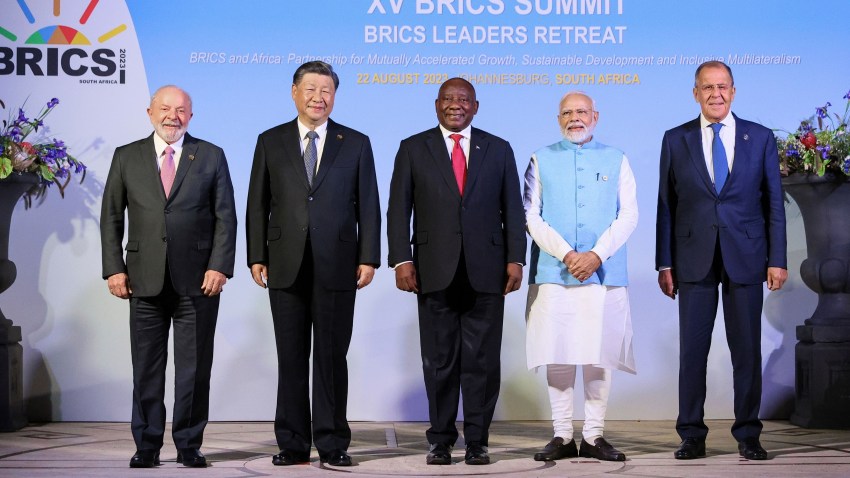The BRICS group has long sought to challenge Western domination of technologies and infrastructures. Some of its proposed initiatives, such as laying an undersea communications cable that would bypass the U.S. and Europe, and reported discussions, like the idea of creating its own internet, have not materialized. But the group’s technological ambitions have gained traction in other areas, including cooperation on satellite data exchange and the digitalization of commercial and financial services.
Today, cooperation on artificial intelligence is increasingly on its radar, and Russia has made the promotion of cooperation in science and advanced technology a priority issue during its rotating presidency of the group this year. Could this signal the dawn of a new era in which the BRICS group, already aspiring to collective leadership in global governance, asserts itself as a transformative force in the global AI landscape? Provided the group aligns its members’ approaches to AI through its new initiatives, its role in international AI governance is poised to expand, with several emerging trends warranting attention.
Evolution of AI Cooperation Among the BRICS
The BRICS group has evolved as a strategic partnership of emerging economies that seeks to coordinate policies on major global challenges and spearhead reforms in international affairs. Originally comprising Brazil, Russia, India and China, the group formally expanded its membership in 2011 to include South Africa and again in 2024 to include Egypt, Ethiopia, Iran, the United Arab Emirates and potentially Saudi Arabia.

